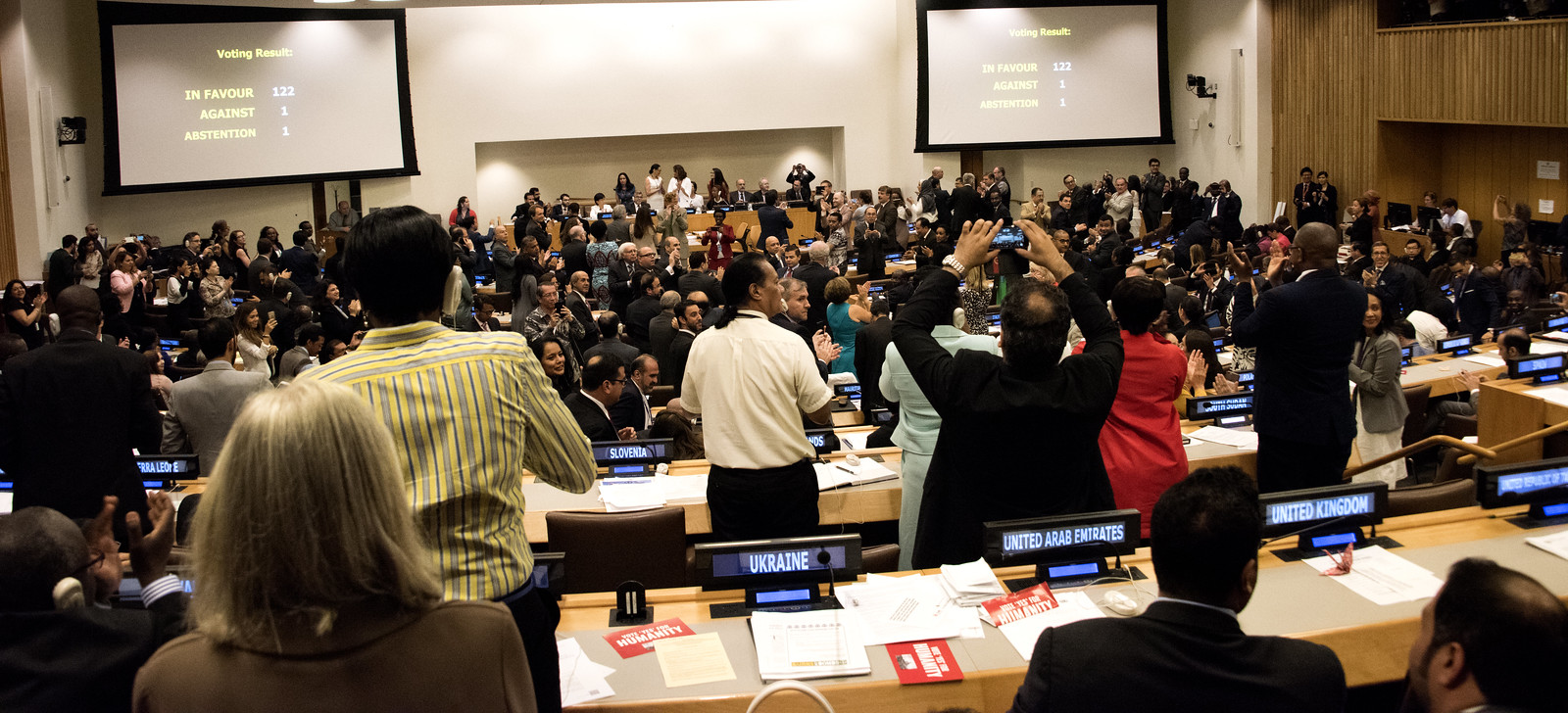The Treaty on the Prohibition of Nuclear Weapons was adopted in July 2017 at the United Nations by 112 countries. It may enter into force in 2021, since only 4 additional states need to ratify to meet the treaty requirement of 50 states parties. It will be the first international legal instrument intended to ban the production, possession, use and threat of use of nuclear weapons. Based on a forthcoming book, this presentation will present a participant’s history of how the treaty was achieved, and what this history and the treaty mean for the discourse and politics of nuclear weapons, arms control and disarmament, and for the international nuclear order.
About the speaker: Ambassador Alexander Kmentt has been a career diplomat in the Austrian Ministry for Foreign Affairs since in 1994, and since 2019 a Visiting Senior Research Fellow at King’s College, London. He has served as Ambassador and Director of the Department for Disarmament, Arms Control and Non-Proliferation at the Austrian Ministry for Foreign Affairs, as Deputy Permanent Representative of Austria to the Conference on Disarmament in Geneva, as Special Assistant to the Executive Secretary in the Preparatory Commission for the Comprehensive Nuclear Test-Ban-Treaty Organization, and as Austrian Permanent Representative to the Political and Security Committee of the European Union. Ambassador Kmentt holds an Austrian Law Degree and an MPhil in International Relations from the University of Cambridge. He is one of the architects of the initiative on the humanitarian impact of nuclear weapons and the Treaty on the Prohibition of Nuclear Weapons (TPNW).
